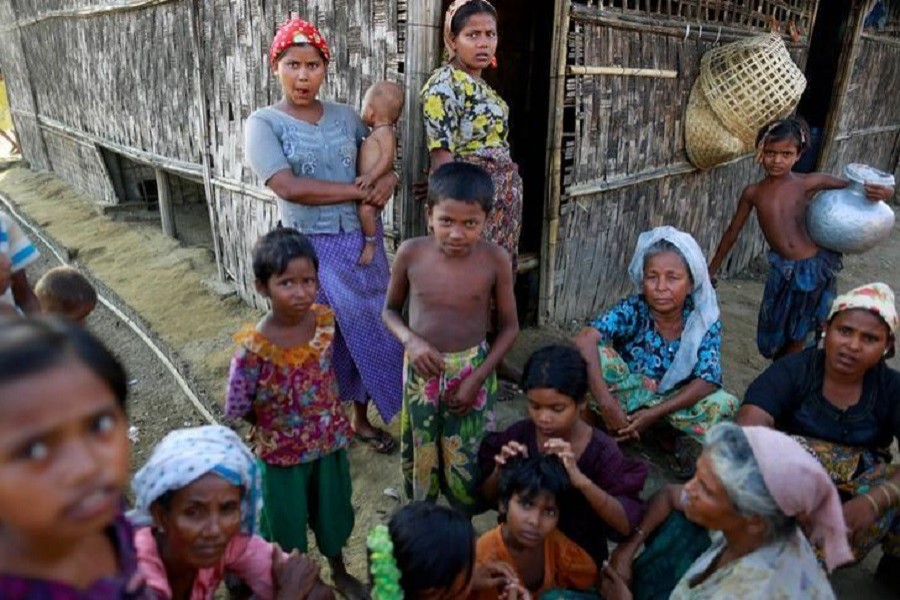Health and Family Welfare Minister Mohammed Nasim has said the forcibly displaced Myanmar nationals would be fed with Oral Cholera Vaccine (OCV) from today (Tuesday).
"We will start a week-long programme of feeding cholera vaccines to 0.9 million people, including Rohingyas, of the south-eastern part of the country to check cholera outbreak," he said while addressing a press briefing at health ministry.
"Two weeks later, 2.50 lakh children under five will be fed the second dose of the vaccine," he said, adding after six months, booster doses would be provided to the kids of Cox's Bazar and Teknaf where over five lakh Rohingya people of Rakhine state of Myanmar have taken shelter fleeing violence.
Nasim, also the presidium member of Awami League, said, "Prime Minister Sheikh Hasina, 'Mother of Humanity' has given shelters to Rohingyas with her motherly affection, on humanitarian ground and providing them with accommodation, food and medical supports."
Nasim said in line with Prime Minister Sheikh Hasina's directives the health ministry decided to provide the maximum possible healthcare services to distressed Myanmar nationals with the limited resources of the country considering it's a humanitarian issue, reports UNB.
The health ministry has already administered 'measles-mumps-rubella (MMR)', 'trivalent oral poliovirus (OPV)' vaccine and vitamin A capsules to Rohingya children, said State Minister of the ministry Zahid Maleque.
"Special arrangements were also made for pregnant women and the people who have high blood pressure, diabetes and other long-term diseases", he added.
A total of 19 Rohingya people have been identified with HIV positive so far, Maleque said, adding that the HIV positive persons have been kept in an isolated place in order to provide them with proper treatment as well as check infectivity of the disease.
The ministry has already sent several medical teams to different camps of Ukhiya and Cox's Bazar to detect various types of sexually-transmitted diseases, including HIV/AIDS.
Director General of Health Services Professor Dr Abul Kalam Azad said, "Rohingya people are mainly suffering from diarrhoea, acute respiratory throat infection, pneumonia, chronic skin disease called 'psoriasis' and fever."
Representatives from UNICEF, World Health Organisation (WHO), International Centre for Diarrhoeal Disease Research, Bangladesh (icddrb) and Institute of Epidemiology, Disease Control and Research (IEDCR) were present at the briefing.


